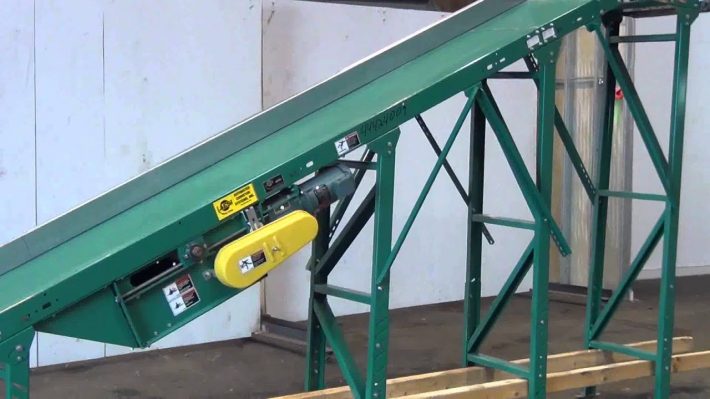It might not seem like a huge part of an strategy but we want to focus on conveyor rollers as these effortless but valuable tools are unquestionably an indispensable and often overlooked part of the making method. When it’s time your current conveyor process had an overhaul and / or problems within the assembly line process are slowing you down, this can be the alteration you need to generate that little profit growth.
There are many aspects to bear in mind when considering what type of new conveyor rollers to use. Here we look at some of the things you’ll need to keep in mind prior to making your choice.
Conveyor rollers – load up design
Your primary concern when purchasing newer roller conveyors is usually to decide them in accordance with the load type they’re going to be transporting. As an example, if you’d like rollers to manage substantial flat-bottom things such as storage containers and drums, you will need rollers with a gravity function.
Roller conveys- choose the right material
Depending on your weight specifications and weight of goods, you can make a qualified decision as to what type of material you prefer your rollers to be. Large-scale and heavy-duty commercial rollers are built using aluminium or steel. Each comes with its own advantages that we have specified below:
Aluminium rollers These are rollers that are robust but yet light in weight and are suitable for fast and easy setting up. They may also run at a swifter speed, transferring items and products around at a increased pace for more proficient output.
Steel rollers If you need a far more heavy-duty roller, then steel could be the materials of choice. They’re very sturdy rollers that can deal with sizeable loads over long stretches but are generally more costly.
www.conveyorrollers.co.uk/belt-conveyors is definitely a website that has lots of up to date information about conveyer belt.
Roller conveyor – size, driven or motorised?


